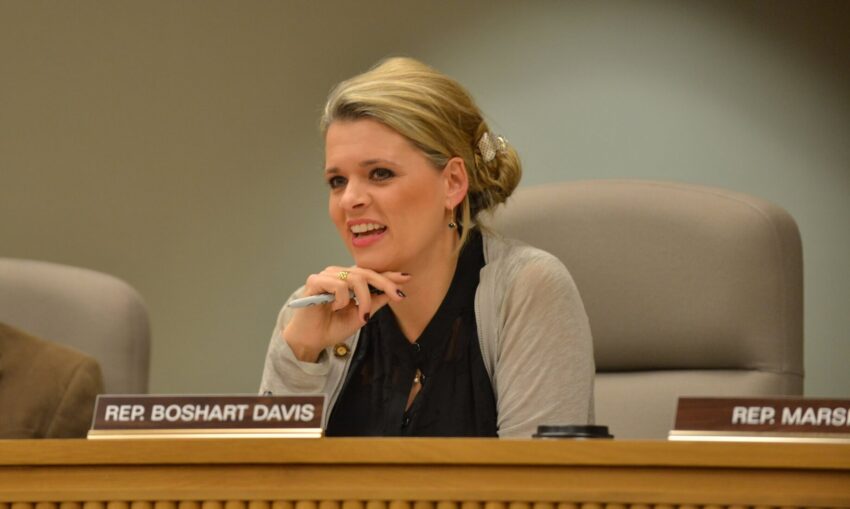By Oregon State Representative Shelly Boshart Davis,
SALEM, Ore. — Today, Democrats couldn’t muster the votes to advance HB 2025, their largest tax increase in Oregon history. The bill would have imposed nearly $11.7 billion in new taxes and fees on Oregonians and businesses, while diverting funds away from the core needs of the state’s transportation system.
“HB 2025 was a disaster for Oregonians from the start,” said Representative Shelly Boshart Davis. ”Born in the basement, this bill would have doubled down on the failures of the past, upended the bipartisan history of transportation in Oregon, raised costs for every business and family, and failed to deliver the accountability and core road maintenance Oregonians expect.”
The list of problems with the bill was long:
Massive Tax Hikes on Business and Families:
HB 2025 would have raised $11.7 billion in new taxes over ten years—over double the last transportation package and nearly as much as the controversial CAT tax. The bill accelerated gas tax increases, tripled payroll taxes for transit, and increased the tax on car sales by 350%, all at a time when Oregon workers and businesses are already facing high costs and economic uncertainty.
Crushing the Trucking Industry:
Truckers have overpaid by more than half a billion dollars over the past six years, with no guarantee of future equity or correction. HB 2025 would have increased trucking costs by 37%, raising the cost per truck in Oregon to $51,288—more than double the national average of $19,000. Since 2015, the cost to operate a truck in Oregon has risen by 82%.
Economic Harm Across Sectors:
Reports projected that the taxes included in HB 2025 would have resulted in 16,392 fewer jobs by 2030, a $2.5 billion decrease in GDP, $1.7 billion less in personal income, and a $4.2 billion drop in business sales statewide.
Wrong Priorities:
Instead of focusing on maintenance and preservation of roads and bridges, HB 2025 funneled hundreds of millions to non-essential projects.
Transit Funding Inefficiencies:
The bill would have taken hundreds of millions of dollars from Oregon workers’ wages for a transit system that is used by only 2.6% of commuters. Since the payroll tax was implemented, transit ridership has decreased by 30 million rides per year. According to federal data, transit agencies recover only 10% of their costs, while many transit districts don’t collect fares from riders.
Lack of Accountability and Reform:
Despite a legislatively funded managerial review of ODOT, the bill included only one of many recommended reforms. The bill failed to create a truly independent major projects committee, mandate project planning reforms, or address ODOT’s culture and accountability issues.
“We know ODOT has a culture problem,” Boshart Davis said. “I have heard from countless ODOT workers about a hostile and retaliatory work environment and a culture resistant to change.”
A Better Path Forward:
House Republicans offered an alternative, HB 3982, which would have stabilized ODOT’s budget without raising taxes, redirected over $134 million from non-essential climate and transit programs to core maintenance, and implemented real accountability and reform measures at ODOT.
“Budgets reflect priorities,” Boshart Davis concluded. ”We stood up for Oregon businesses and working families today. We can and must fix our roads and bridges, but we will not do it on the backs of those who keep Oregon’s economy moving. The death of HB 2025 gives us a chance to reset the deck and come up with a transportation package that helps ODOT be successful.”
The post Rep. Boshart Davis: Statement on failure of HB 2025 first appeared on Oregon Catalyst.
Click this link for the original source of this article.
Author: In the news
This content is courtesy of, and owned and copyrighted by, https://oregoncatalyst.com and its author. This content is made available by use of the public RSS feed offered by the host site and is used for educational purposes only. If you are the author or represent the host site and would like this content removed now and in the future, please contact USSANews.com using the email address in the Contact page found in the website menu.








